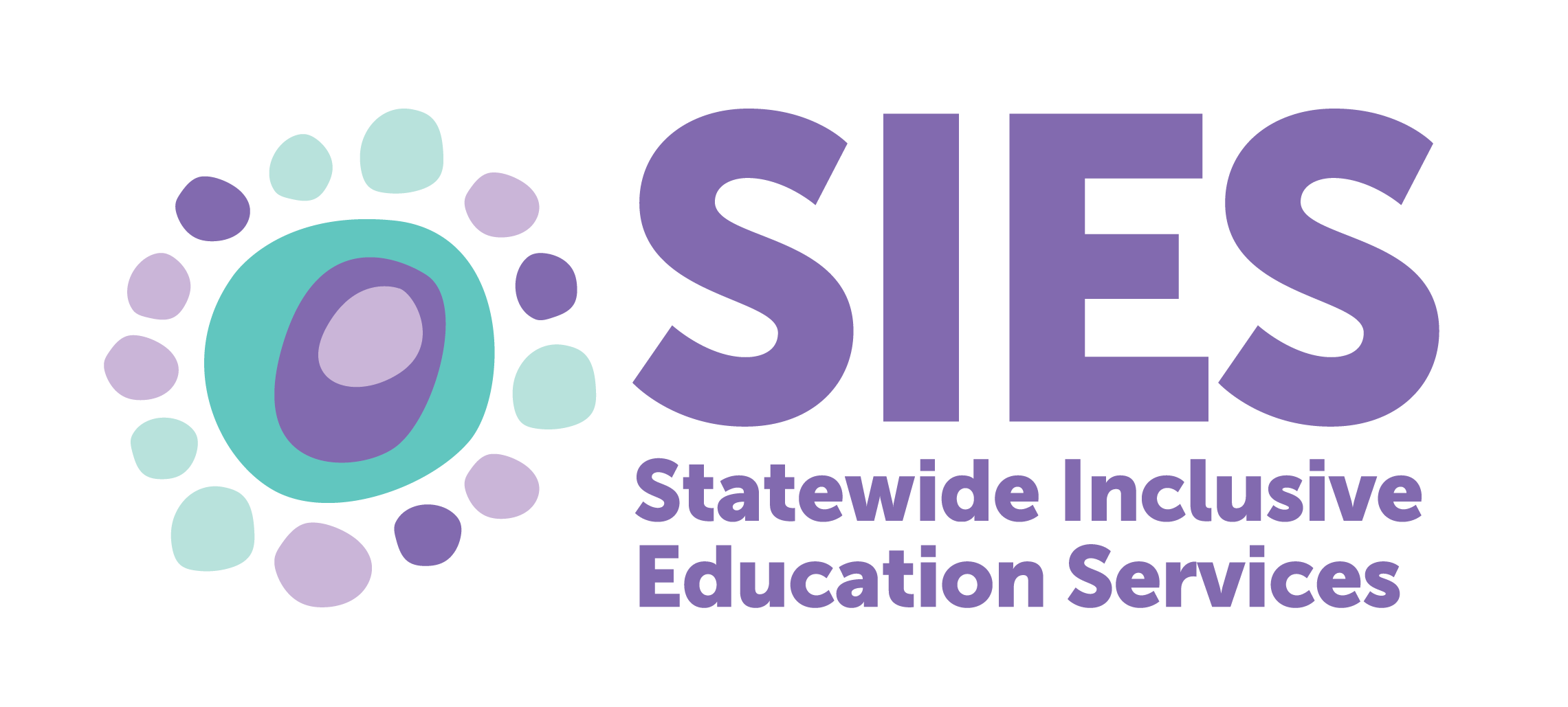An educational approach available by referral for children and students with physical and/or multiple disabilities to become more active and independent in:
- movement/mobility
- language
- social skills
- self-care.
Conductive Education is underpinned by five key principles:
1. The Group: motivates and encourages participation in activities.
2. The Daily Routine: a carefully planned timetable/curriculum that ensures active involvement in each part of the program. The aim and content will depend on the requirements of the particular group.
3. The Task Series: a sequence of activities focussing on the learning / teaching of motor skills. It is the basic framework to practise and consolidate required motor skills. Task series include lying on the plinth (or slatted table), hand skills, preparation for walking.
4. The Conductor: a trained specialist working with children with physical disability. In South Australia the conductor develops programs in consultation with teachers, school services officers and parents to support development.
5. Facilitation: includes physical cues and prompts, as well as specialised wooden furniture that encourages holding and grasping ie. ladders, slatted “plinth tables”, sticks and grasp bars.
A Conductive Education assessment is required to determine eligibility into the programs. To request an assessment or service, complete and return a Request for Service
The level of government-funded support is negotiated depending on the needs of the child and family and is not subject to NDIS eligibility. Watch here for more information about our Conductive Education program.

